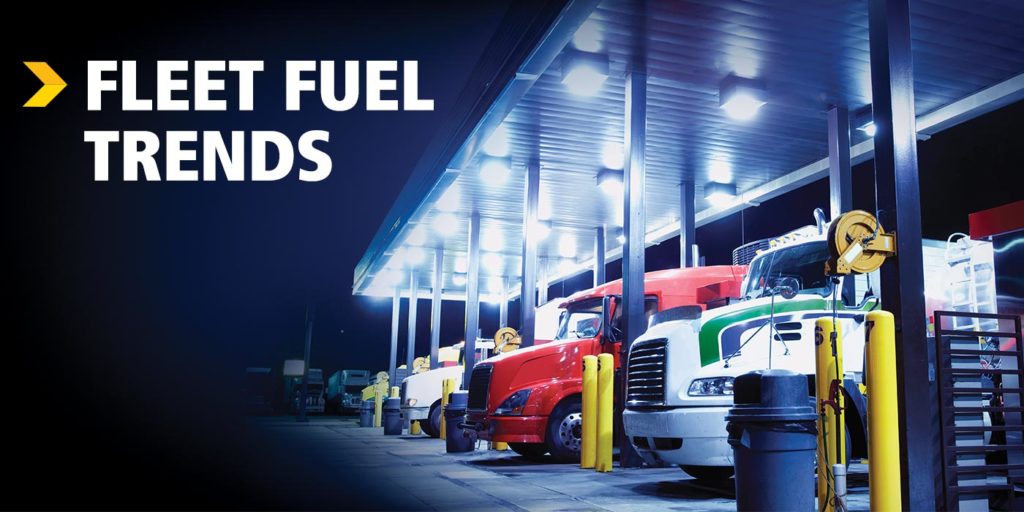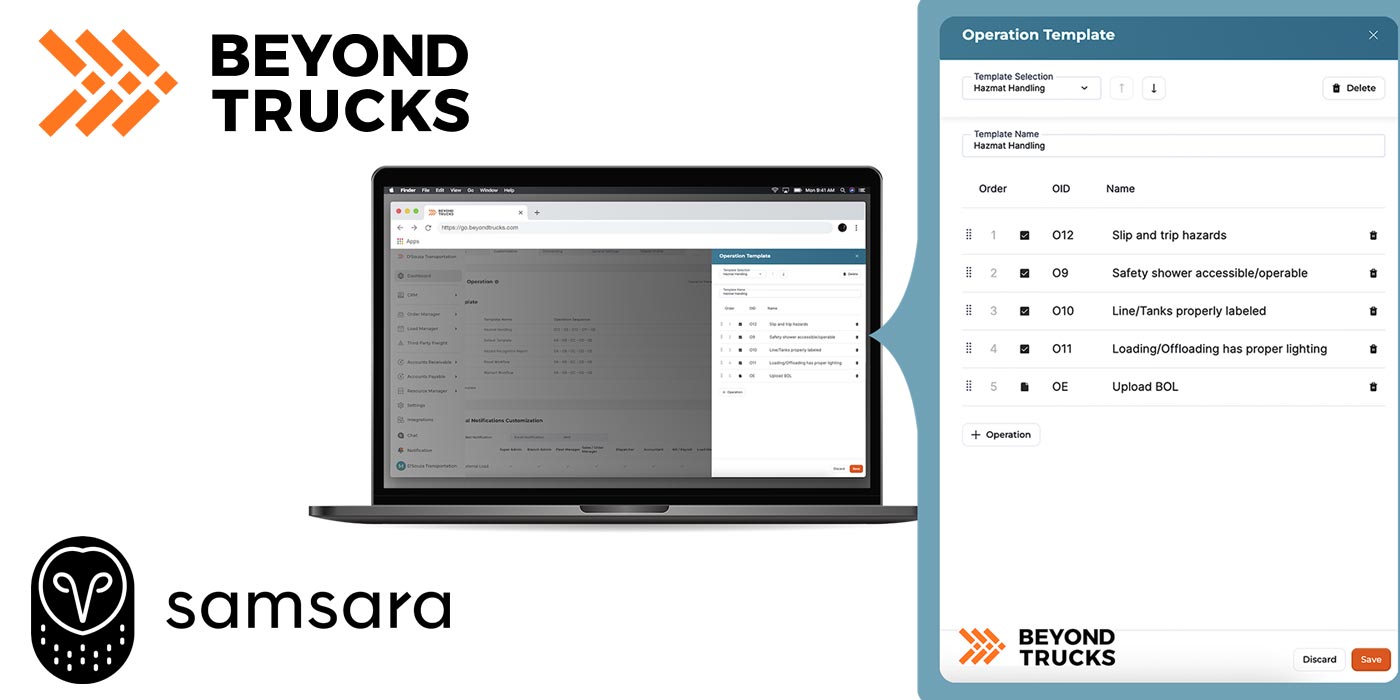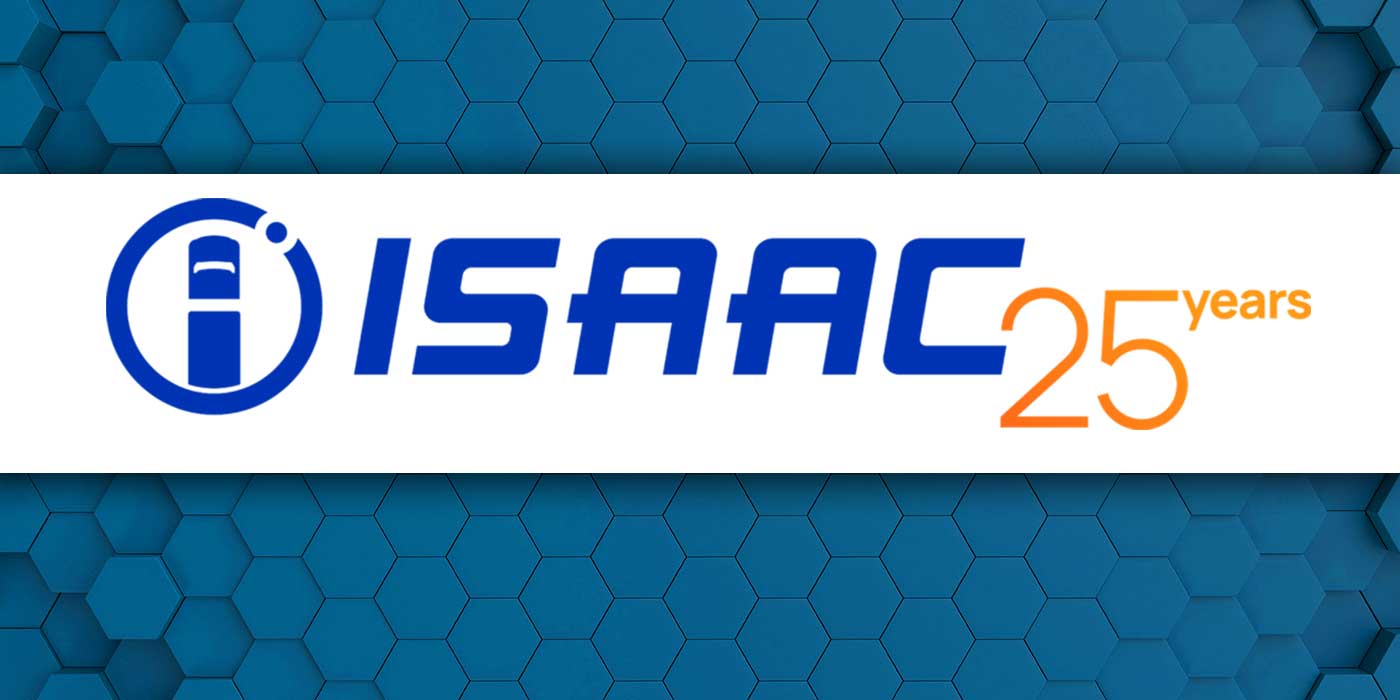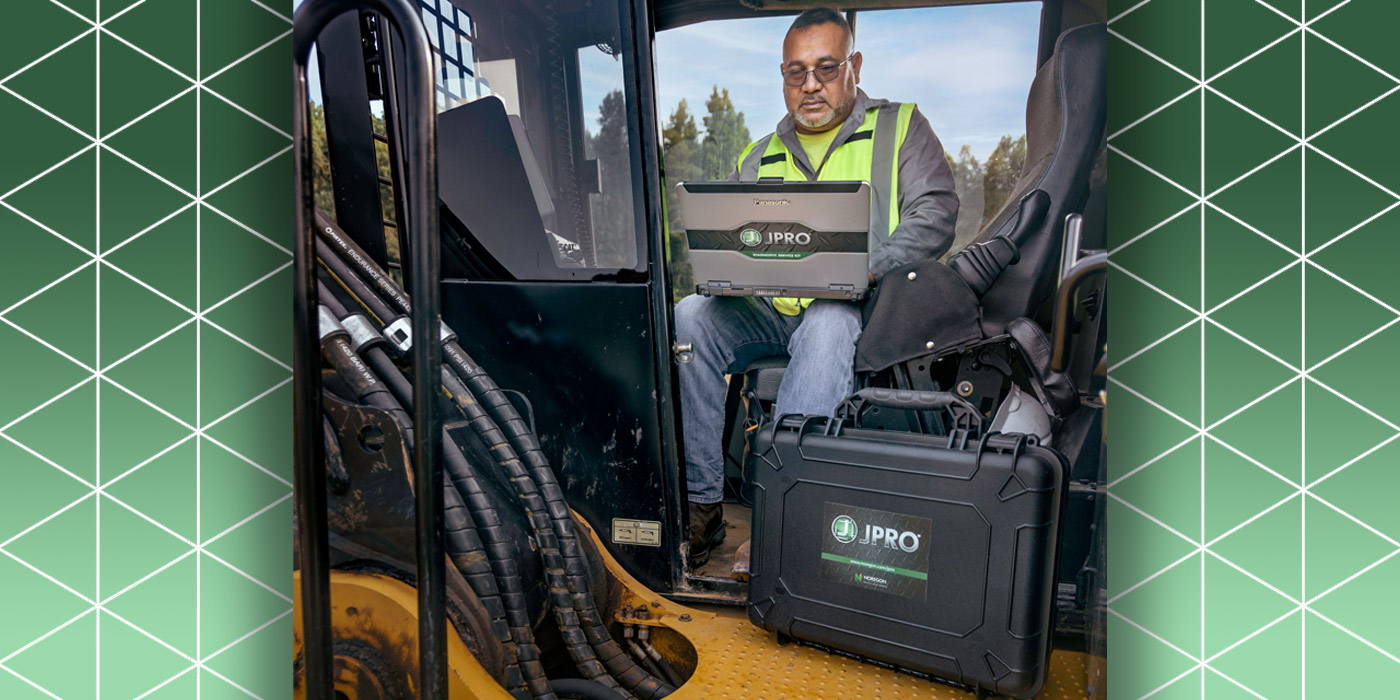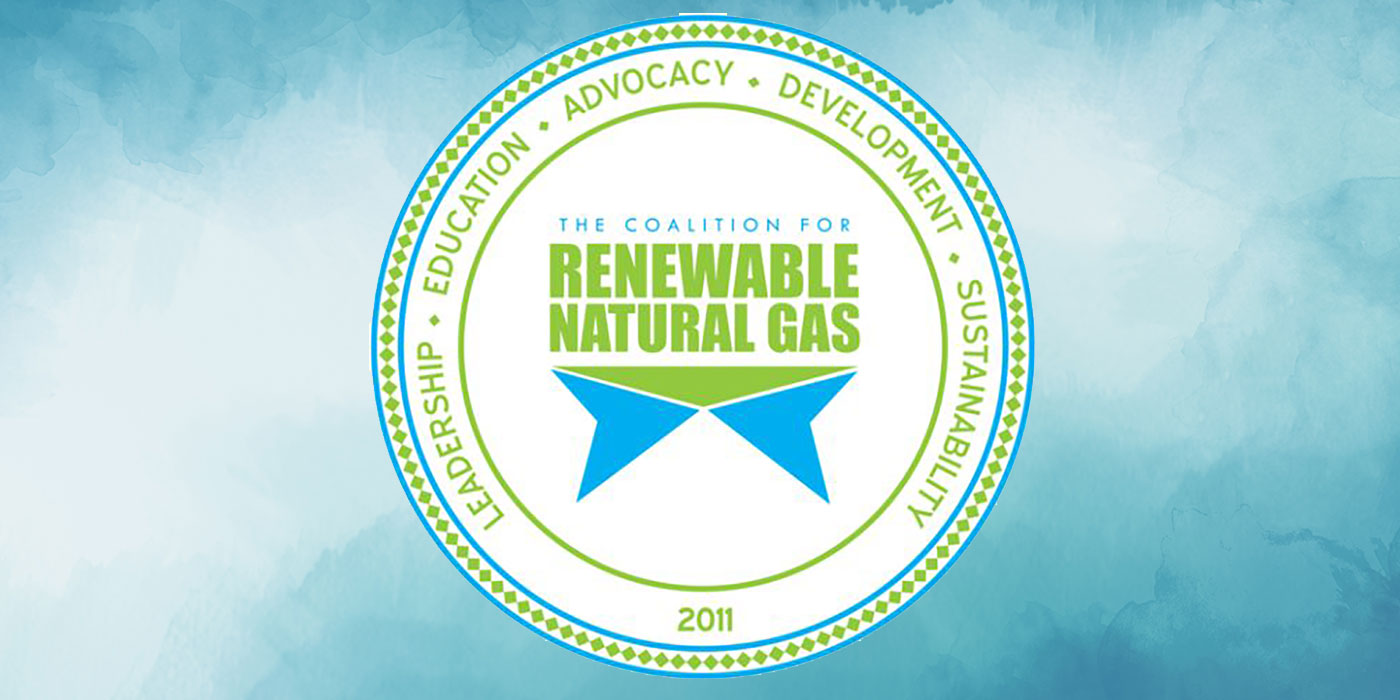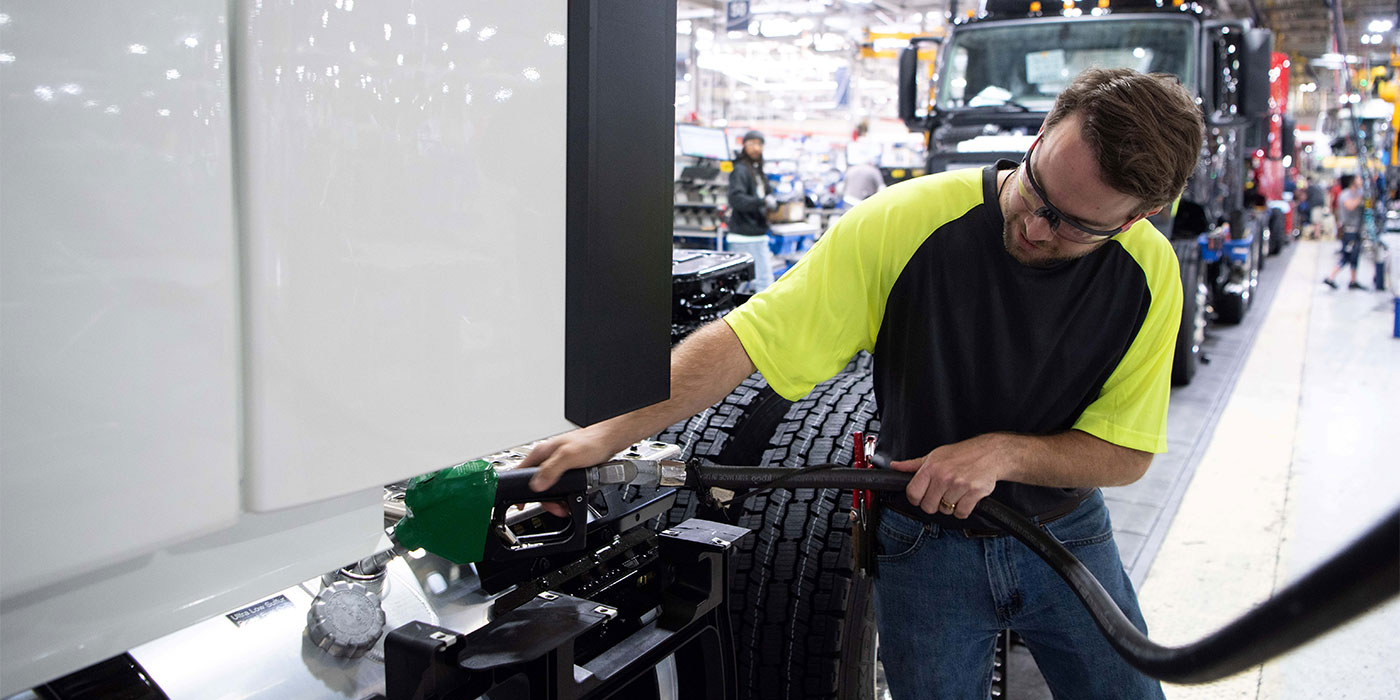The 2021 National Biodiesel Conference and Expo happened the same week a new president was inaugurated, and that timing did not go unnoticed. From policy expectations to the environmental benefits of various fuel sources, here are some of the key takeaways for fleet operators from this event.
Political change is an opportunity for growth
President Joe Biden has already shown how serious his administration will be about climate change, signing two executive orders the day he was sworn in and even more since then. We should all expect renewable fuel and emissions to remain in the spotlight and be ready for changes in legislation, product usage and possible incentives throughout the supply chain.
Floyd Vergara, director of state governmental affairs for the National Biodiesel Board, shared that states representing more than 50% of the population and 40% of on-road fuel usage now have comprehensive carbon reduction goals. The most common goals are to reduce carbon emissions 40% by 2030 and/or 80% by 2050. Fleets will play a critical role in reaching those goals.
On the state level, New York is considering a low-carbon fuel standard similar to California’s. Many believe this is the year the state of Washington will pass a similar standard. Missouri is considering a biodiesel blend standard and a tax differential. And those are just a few examples.
The bottom line is this: Government regulations as well as pressure from private sector companies with sustainability goals of their own mean reducing your emissions by running on cleaner fuels will be more important than ever.
Demand for renewable fuels continues growing
The demand for biodiesel and other renewable fuels will continue to grow — largely because of the regulations and initiatives just described. The good news is that a majority of equipment manufacturers now support the use of B20 and are evaluating even higher blends. This is an affordable, drop-in solution that typically requires no infrastructure or equipment changes.
Data shared by the National Biodiesel Board show that biodiesel is currently available at more than 2,400 major truck stops, retailers and distributors. In addition, 2019-2020 saw a 7.3% increase in Class 8 vehicles running on the newest generation of advanced diesel technology.
As Chad Stone, chairman of the National Biodiesel Board, put it: “We’re just getting started. These fuels are designed to work in heavy-duty engines and make an environmental impact now.”
Electrification is only one piece of the puzzle
Interest in electric vehicles (EVs) will continue to grow, but it’s important to understand that heavy-duty vehicles will not fully convert for many more years — and we need to take action to help the environment now.
In most states, transportation is the top contributor of greenhouse gas (GHG) emissions. EVs are great, but they will not be available on the scale needed for quite a while. That’s why drop-in solutions like biodiesel and renewable diesel — and a blend of the two — are worth attention today.
Allen Schaeffer, executive director of the Diesel Technology Forum, shared that biodiesel and renewable diesel are exceeding EVs by a four-to-one margin in California for emission reductions. That’s because the grids that most EVs are charging on aren’t carbon neutral yet. Plus, it’s much faster to fill up a fuel tank than to charge a battery at this point.
A mix of energy conversion technologies using diverse carbon neutral and renewable energy sources will provide the bridge to zero emissions.
Biodiesel quality demands attention
Biodiesel continues to be a high-quality fuel, and recent advancements have improved the quality even more.
Teresa Alleman, senior fuel chemist at the National Renewable Energy Laboratory, reviewed fuel sample data from producers who participated in the BQ-9000 biodiesel quality assurance program. On the whole, they overwhelmingly exceeded ASTM specs and the higher standards of the BQ-9000 program.
Major cities like Seattle have recognized the premium quality and benefits of biodiesel. Philip Saunders, deputy division director of logistics and emergency management for the City of Seattle, said their fleet of F-150s up to heavy-duty tractor trucks “run beautifully” on biodiesel blends.
“Seattle has used biodiesel since the early 2000s,” Saunders said. “We will not go backward, only forward. We have to get serious on climate change — and this will create jobs and support local farmers at the same time.”
Another reason to give biodiesel a fair shake is that there is already great capacity for growth in biodiesel production, whereas expanding renewable diesel production takes more time and money.
As we continue to hear at the National Biodiesel Conference and Expo, the need for immediate emissions reduction is not going anywhere. And it’s becoming clearer each day that biodiesel is an excellent way to meet the demand.
If you’d like to learn more about how cleaner fuels can give your business an edge, I’d be happy to discuss it with you: [email protected].

